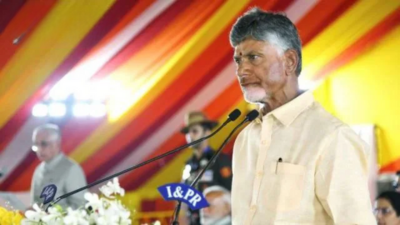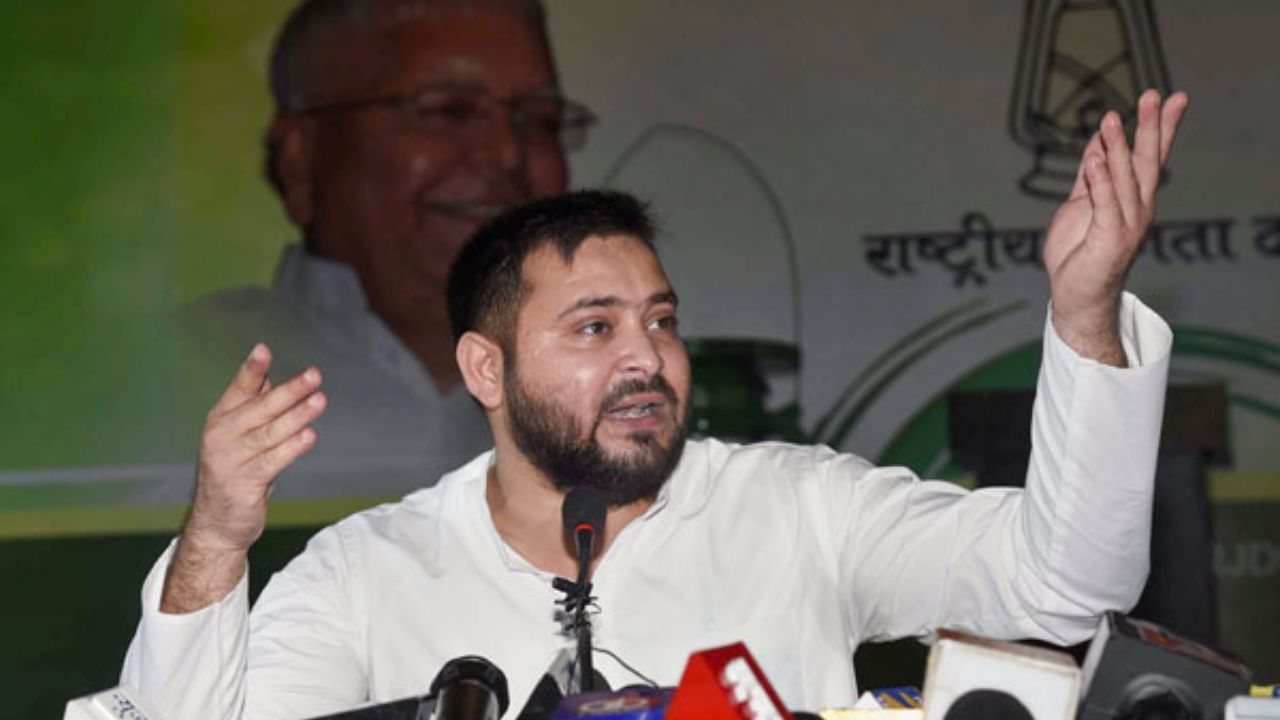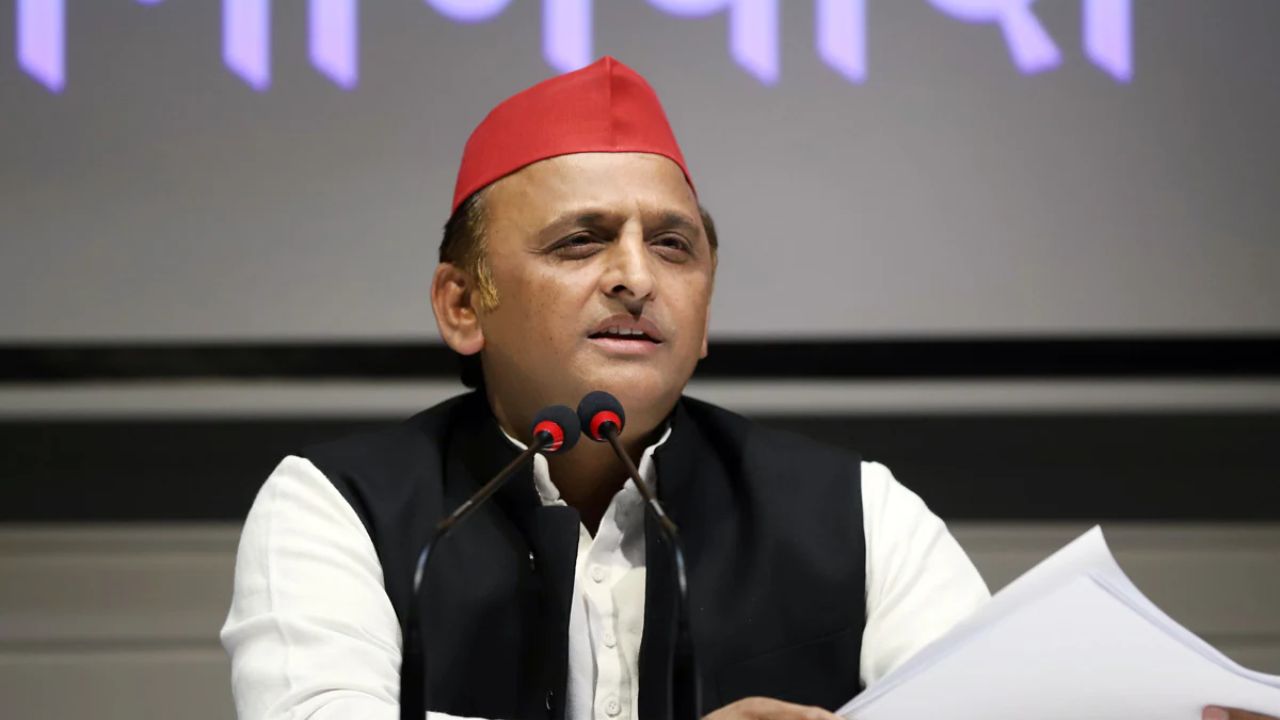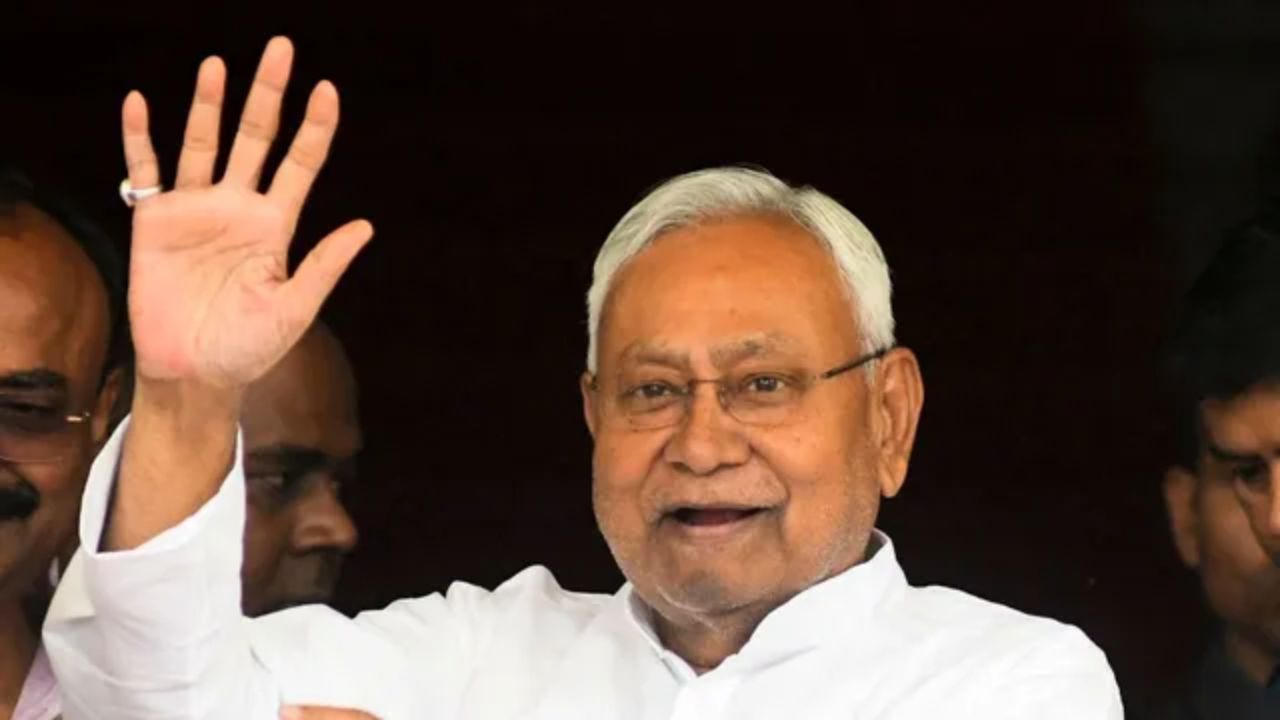Naidu government’s first budget is still pending as the YSRCP intensifies its criticism regarding the ‘Super Six’ roadmap.
More than 100 days after taking office in Andhra Pradesh, the Telugu Desam Party (TDP)-led government, which campaigned primarily on its “Super Six guarantees” during the state Assembly elections, has yet to present its first

More than 100 days after taking office in Andhra Pradesh, the Telugu Desam Party (TDP)-led government, which campaigned primarily on its “Super Six guarantees” during the state Assembly elections, has yet to present its first budget. This delay has drawn criticism from the opposition regarding the implementation of its electoral promises.
The coalition government, comprising Chief Minister N. Chandrababu Naidu’s TDP, Pawan Kalyan’s Jana Sena Party (JSP), and the BJP, has instead opted to enact two ordinances to facilitate its operations. The Andhra Pradesh Appropriation (Vote on Account No. 2) Ordinance was passed to allow fund disbursement from August 1 to November 30.
Article 206 of the Constitution permits state governments to present a vote on account, enabling them to utilize finances from the consolidated fund to ensure smooth government functioning. Typically, a vote on account is introduced before Assembly elections as a temporary measure to fund state expenditures until a new government is formed and a regular budget is presented.
The opposition YSR Congress Party (YSRCP) has accused the Naidu government of delaying the 2024-25 budget to evade fulfilling its campaign promises. In contrast, the TDP claims that the “financial irregularities” of the previous administration have caused the delay.
Maddila Gurumoorthy, a YSRCP MP from Tirupati, stated, “It is in the TDP’s nature to evade commitments. They have done it in the past and are using the same tactics now. They are diverting attention from real issues like health and education by raising unnecessary concerns every 10-15 days.” Another YSRCP leader from Vijayawada suggested that Naidu knew he wouldn’t be able to fulfill his election promises, stating, “The commitments were unrealistic and financially unfeasible. He likely didn’t anticipate winning, hence the promises.”
TDP national spokesperson K. Pattabhi Ram dismissed these accusations, asserting that the financial mismanagement of the previous Y. S. Jagan Mohan Reddy-led YSRCP government caused the delay in presenting the budget. He emphasized that the previous administration engaged in various irregularities and left a debt burden of Rs 10 lakh crore, which needs addressing before moving forward.
He also mentioned that the Naidu government now has clearer insights following the Union Budget’s grants for Amaravati and seven backward districts, enabling better budget allocations. TDP MLA Sravan Kumar claimed the budget would be introduced in the upcoming Assembly session in October. “We have already begun implementing the Super Six initiatives. Enhanced pensions have been disbursed, and the free gas cylinder scheme will launch during Diwali. We are committed to our promises and are just addressing the financial mess left by the previous government before tabling the budget,” he asserted.
A senior government official, who wished to remain anonymous, noted that it is unusual for a government not to present a budget shortly after assuming power. “A budget, especially one presented immediately after taking office, outlines the government’s financial roadmap and assures the public that its commitments will be honored,” the official explained, although they acknowledged that the government is fulfilling its promises through the vote on account.
In July, the Naidu-led government also presented a White Paper in the Assembly, claiming that the Jagan administration left the state with a debt of Rs 10 lakh crore.
In June, the NDA secured victory in the simultaneous Lok Sabha and Assembly elections, winning 164 out of 175 Assembly seats. Both Naidu and Odisha Chief Minister Mohan Charan Manjhi were sworn in on June 12, with Manjhi’s government tabling its first budget on June 25.
In the lead-up to the Assembly elections, the TDP had pledged a series of welfare schemes under the “Super Six” guarantees, which included free RTC bus travel for women, three free LPG cylinders per year, ₹15,000 in financial assistance for mothers of school-aged children through the “Thalliki Vandanam” scheme, a monthly allowance of ₹3,000 for unemployed youth, ₹1,500 per month for every woman aged 18 and above, and annual assistance of ₹20,000 for farmers under the “Annadata Sukhibhava” scheme.




